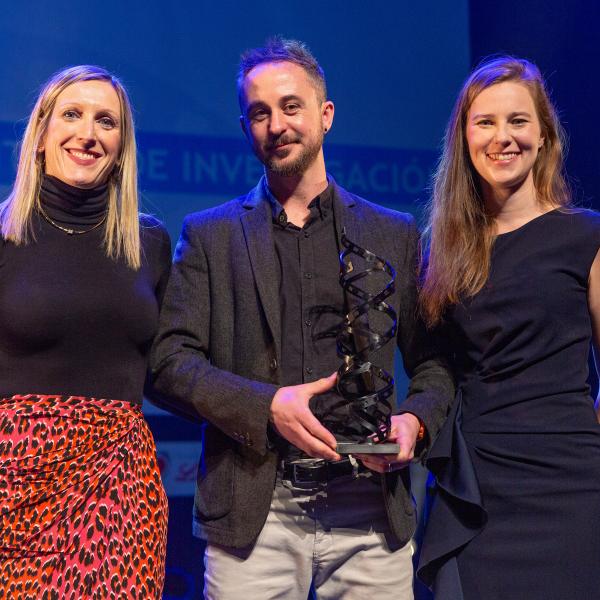A tool for functional brain imaging with lifespan compliance.
The human brain undergoes significant functional and structural changes in the first decades of life, as the foundations for human cognition are laid down. However, non-invasive imaging techniques to investigate brain function throughout neurodevelopment are limited due to growth in head-size with age and substantial head movement in young participants. Experimental designs to probe brain function are also limited by the unnatural environment typical brain imaging systems impose. However, developments in quantum technology allowed fabrication of a new generation of wearable magnetoencephalography (MEG) technology with the potential to revolutionise electrophysiological measures of brain activity. Here we demonstrate a lifespan-compliant MEG system, showing recordings of high fidelity data in toddlers, young children, teenagers and adults. We show how this system can support new types of experimental paradigm involving naturalistic learning. This work reveals a new approach to functional imaging, providing a robust platform for investigation of neurodevelopment in health and disease.
2019. Nat Commun, 10(1):4785.

Rob Key (middle; representing Oxford Sparks) and Demi Brizee (right; representing the MRC Brain Network Dynamics Unit) receive the award for Best Film Produced by Universities and Research Institutes.
Photo credit: Manuel Castells Clemente / #LabMeCrazy! International Film Festival